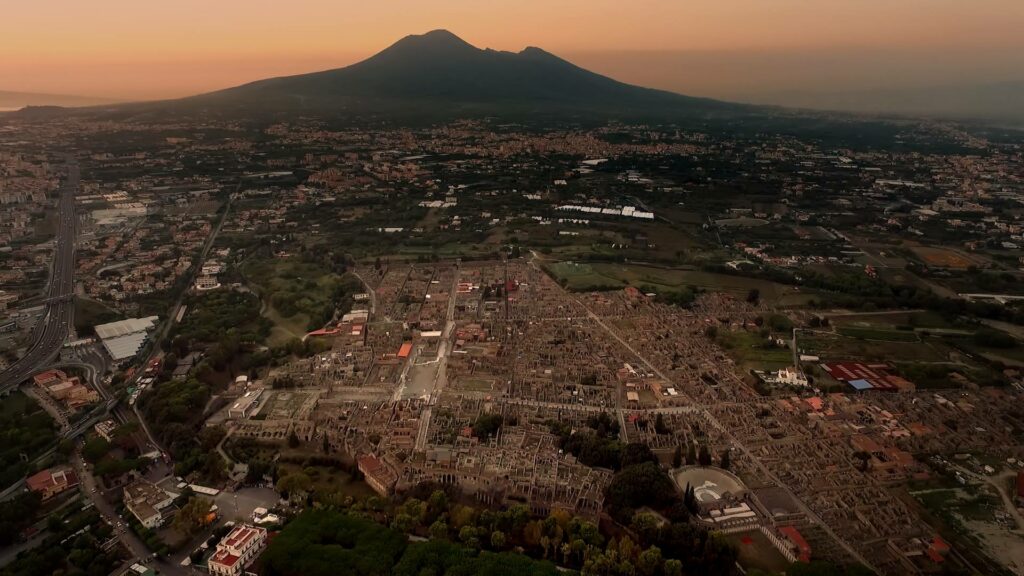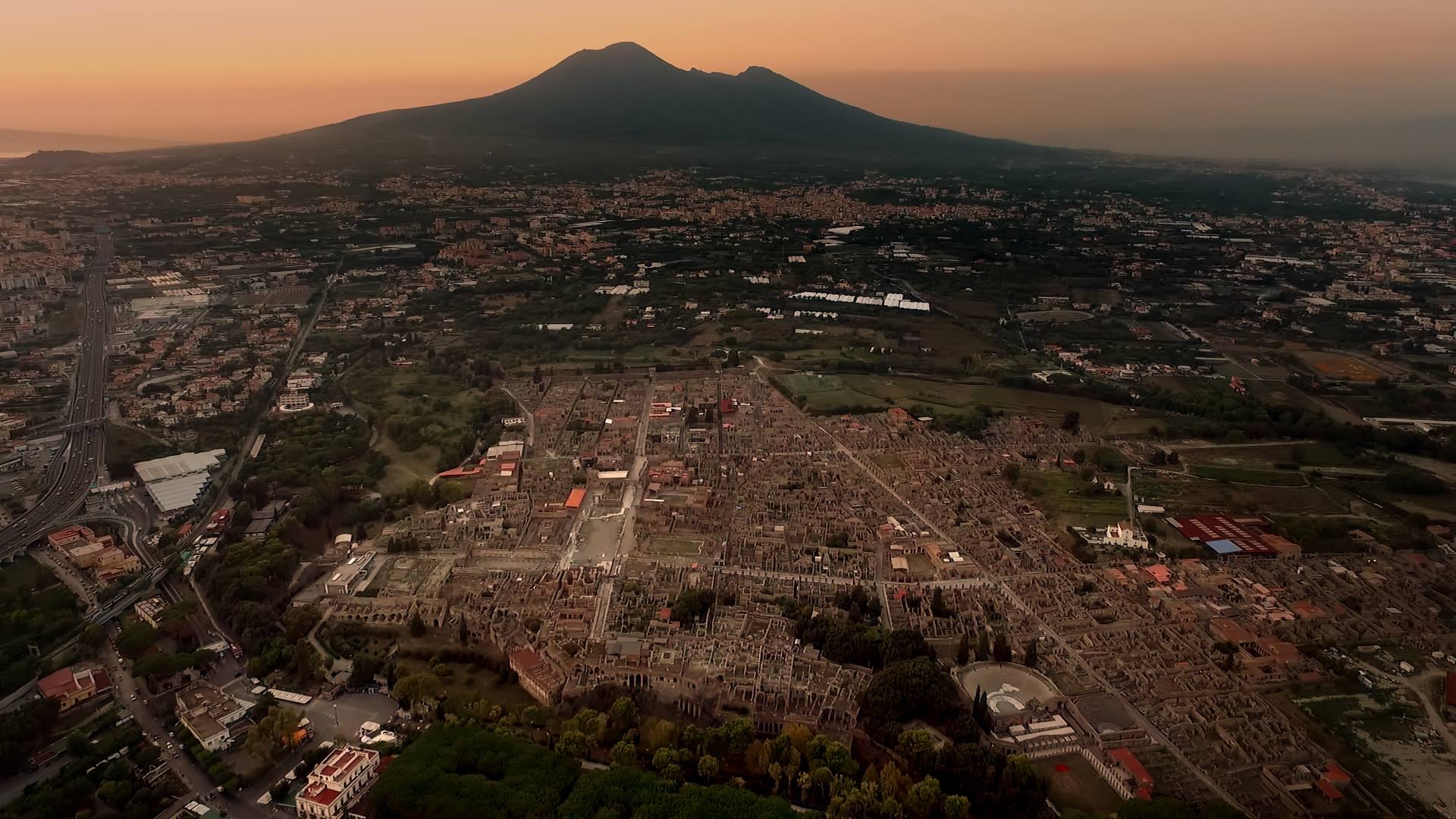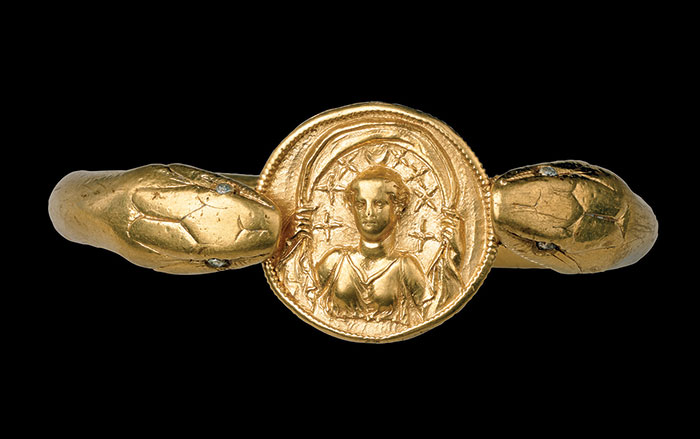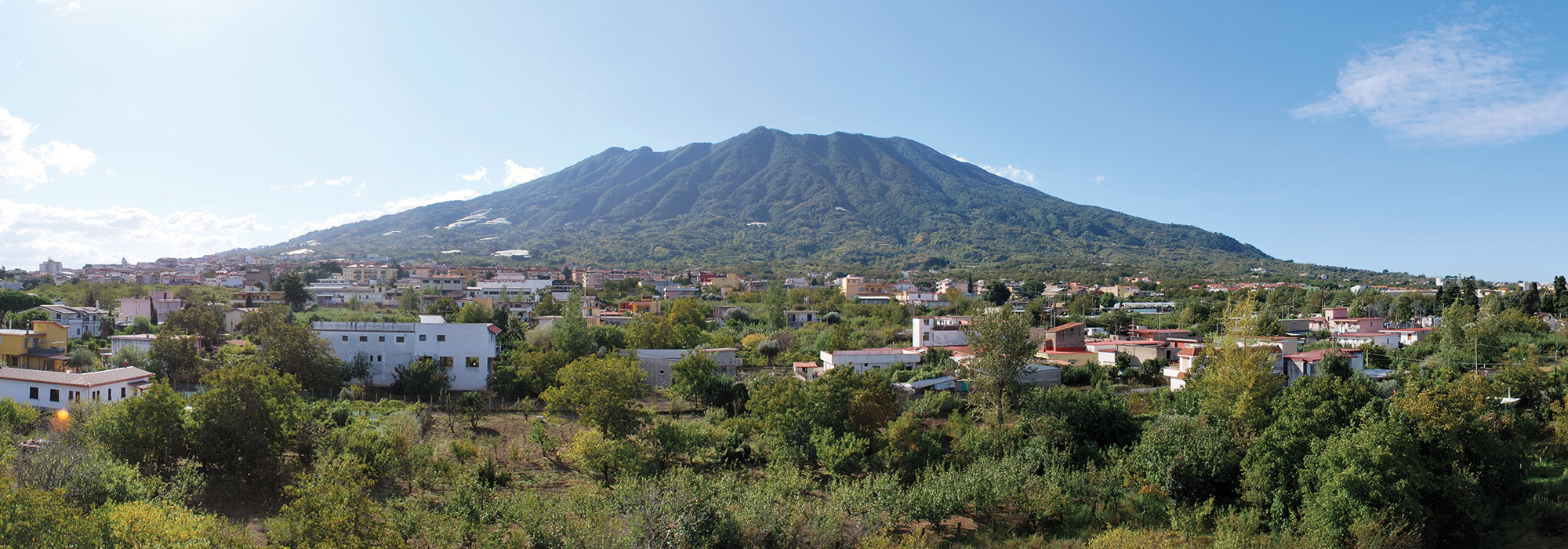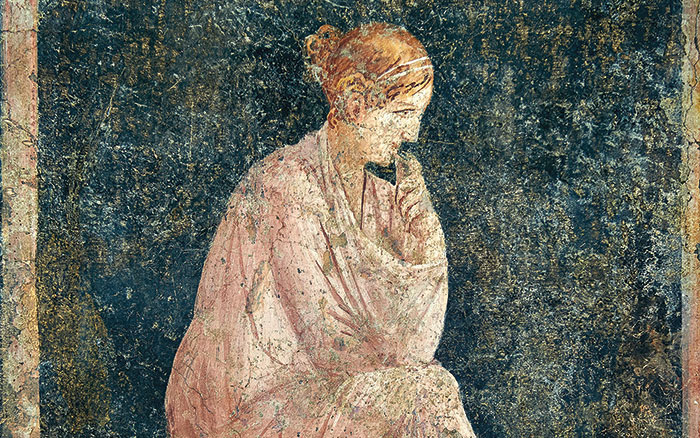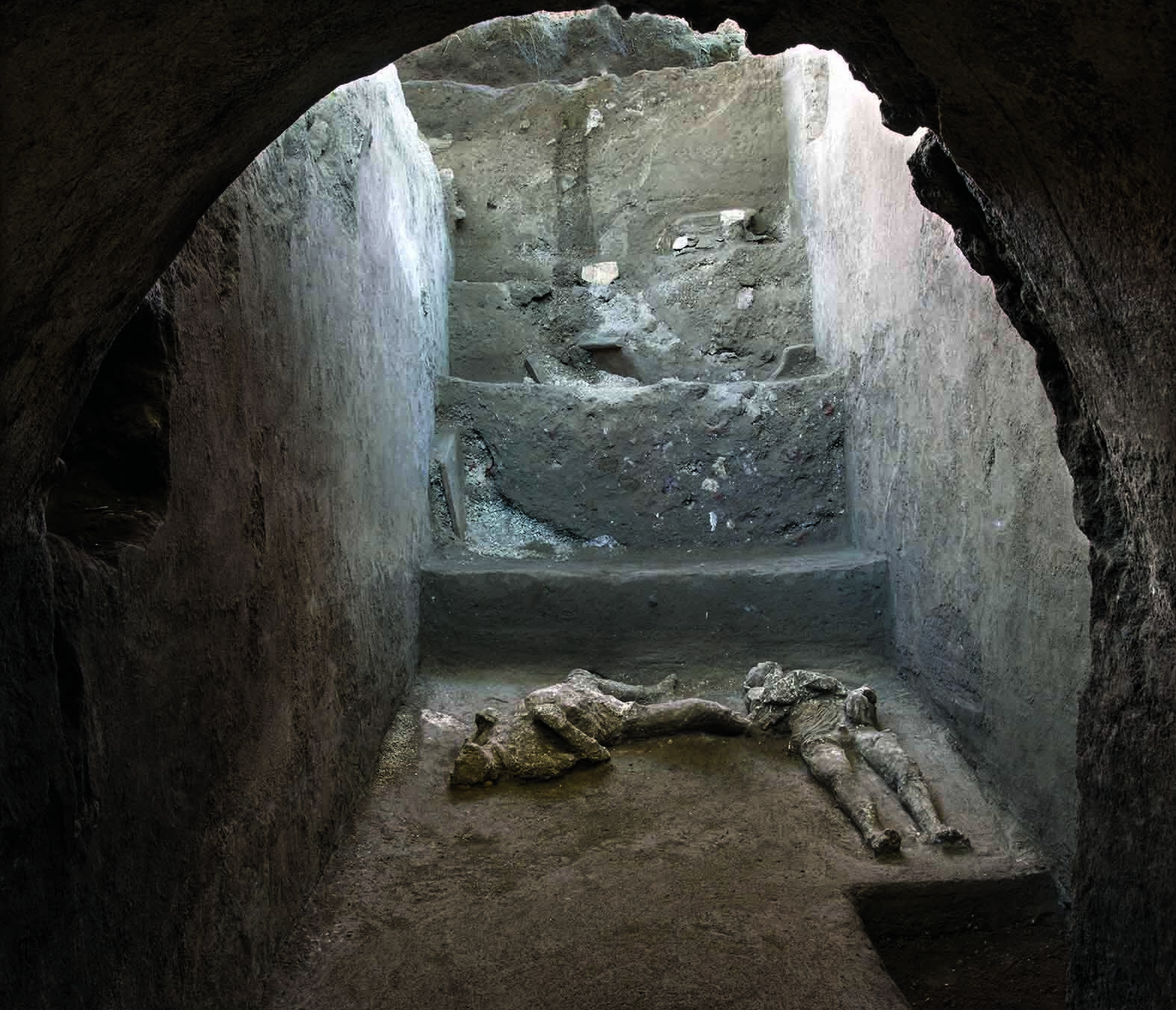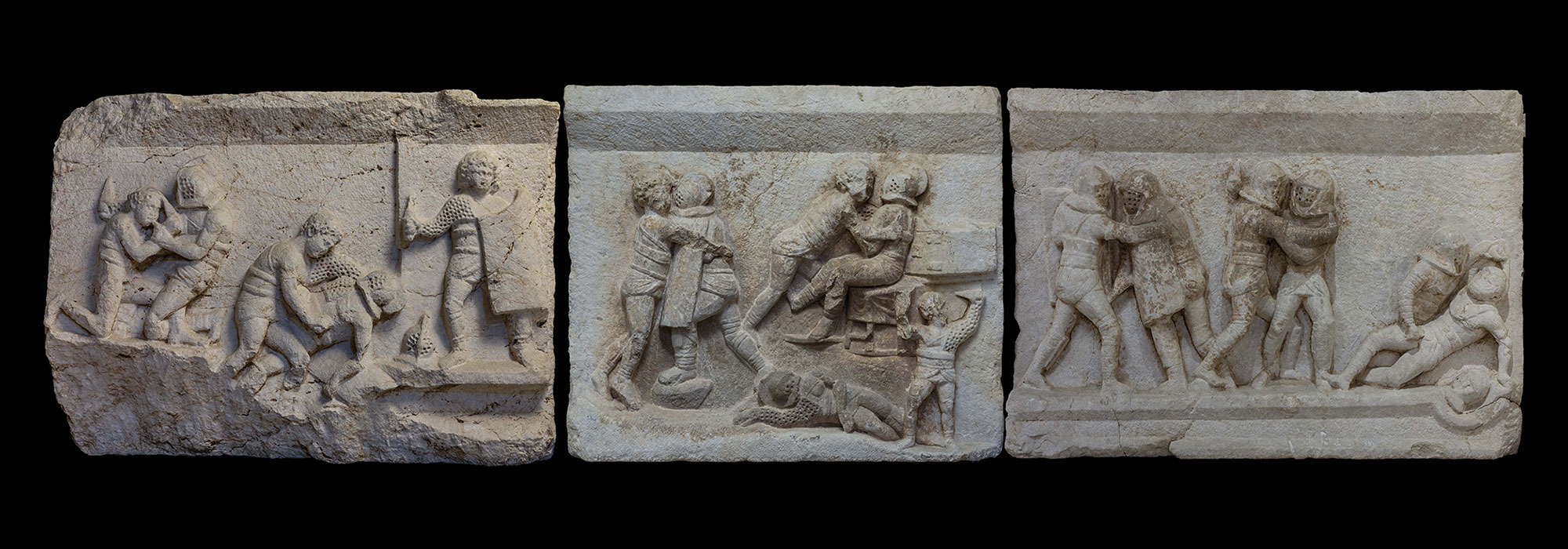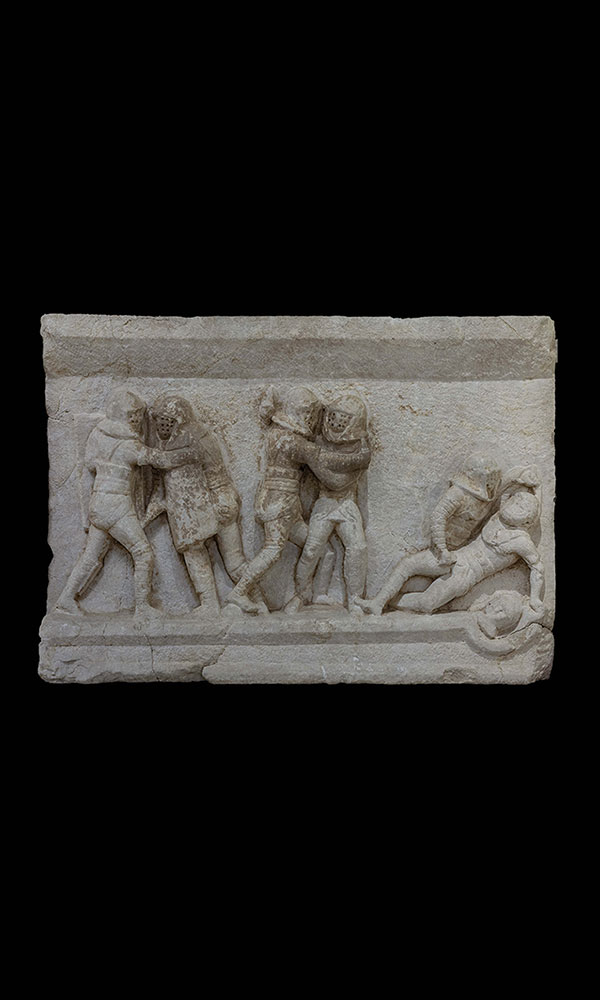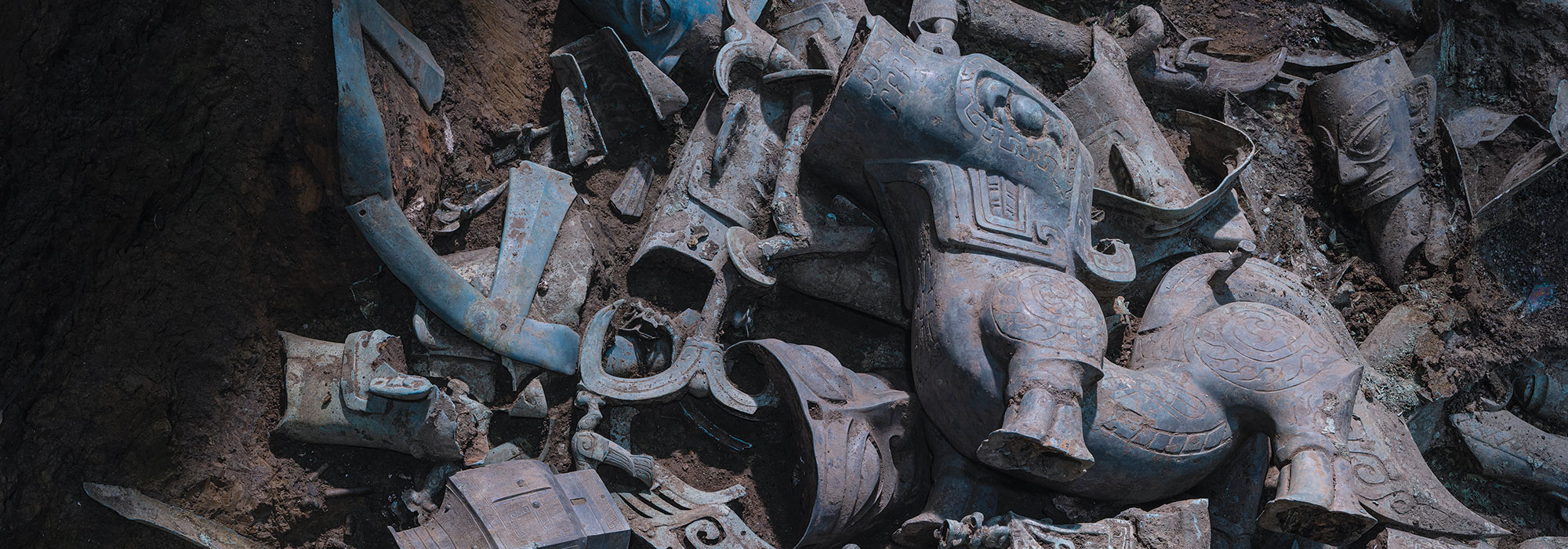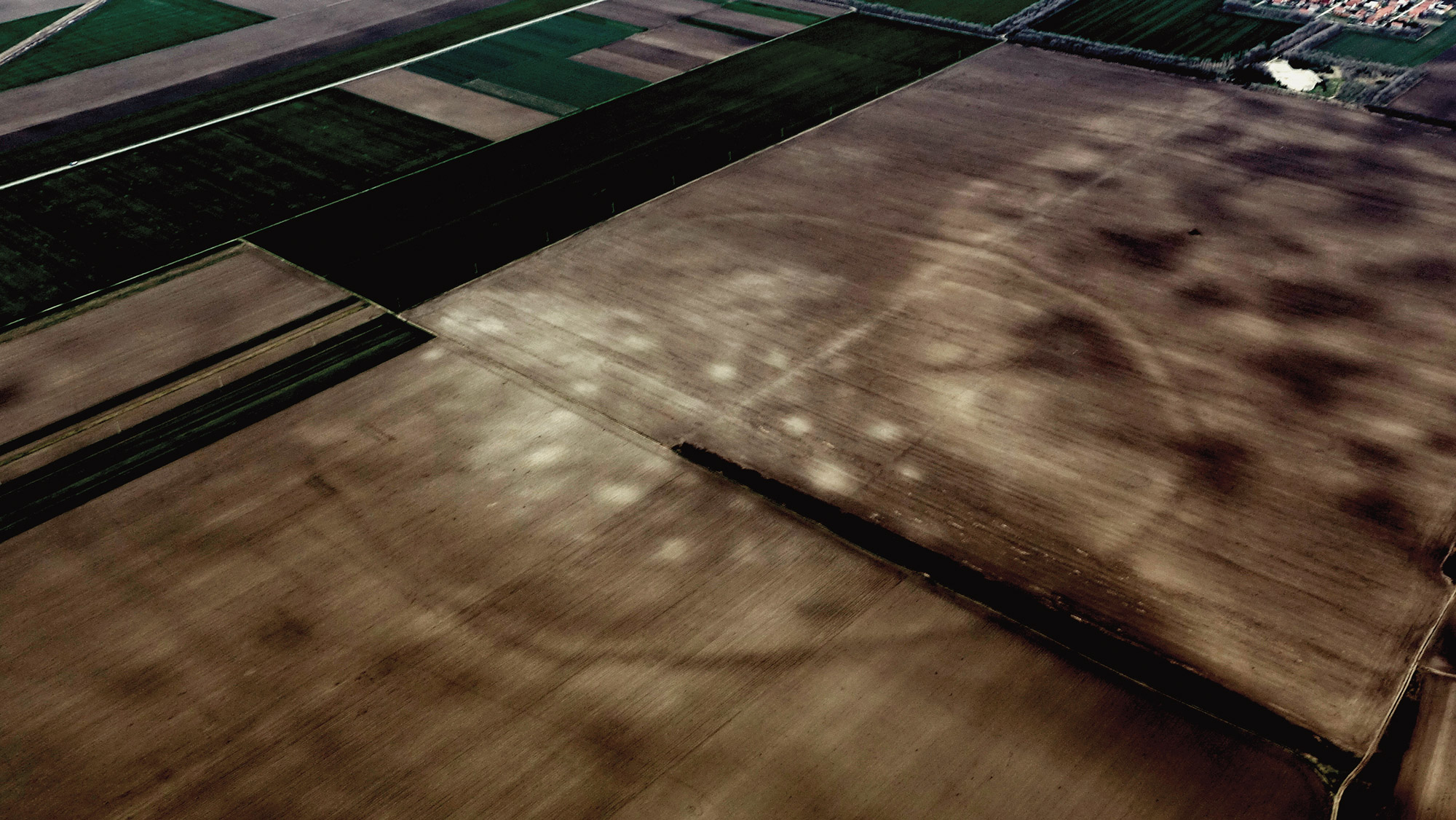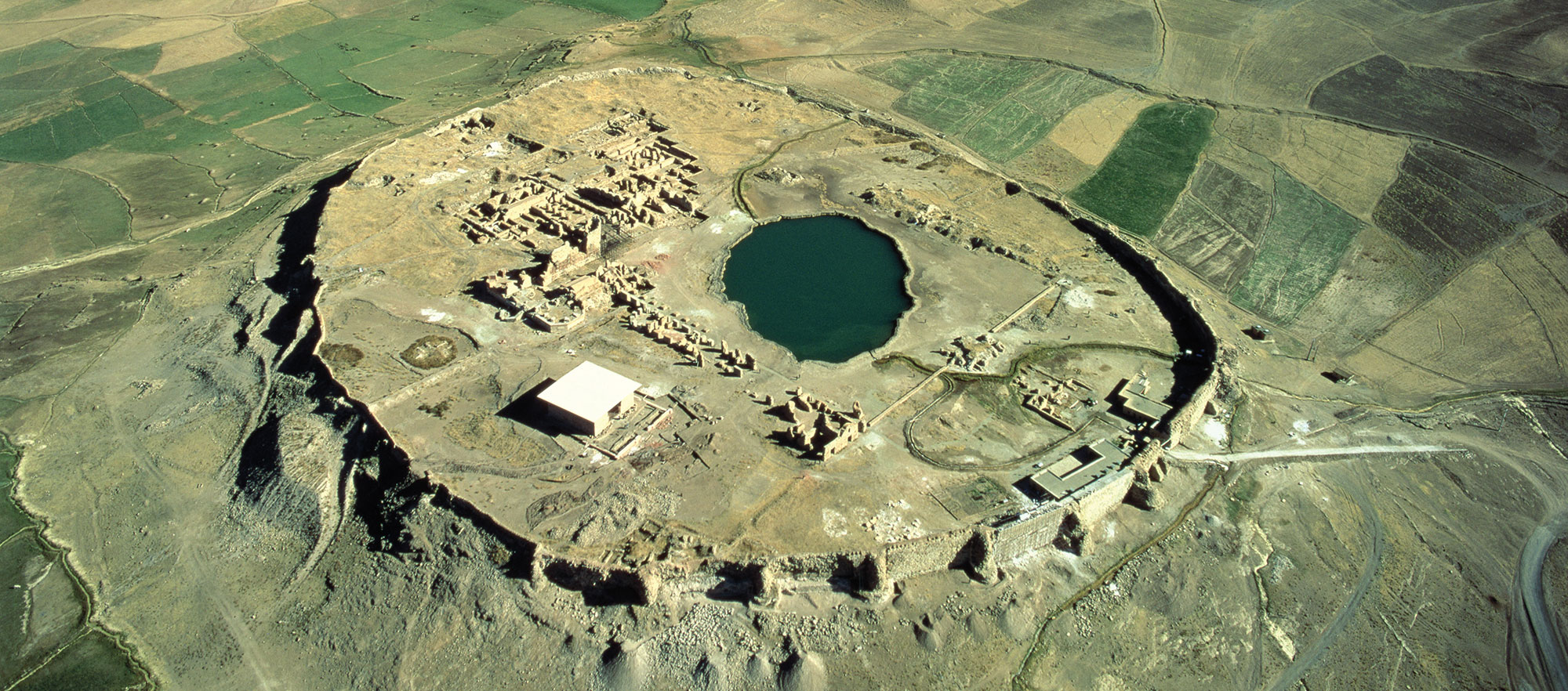POMPEII, ITALY—It has traditionally been accepted by most scholars that the eruption of Mount Vesuvius that destroyed the southern Italian city of Pompeii and many of its neighbors happened on August 24th, A.D. 79, as the eyewitness account of the first-century a.d. historian Pliny states. But for at least 200 years, there have been dissenters who have proposed other dates for the eruption, suggesting that it took place in the fall, in either October or November, and not the height of summer. According to ArtNet News, researchers from the Pompeii Archaeological Park have evaluated multiple challenges to the original August date and found that the interpretation of the evidence that is usually cited is mistaken. For example, it has been argued that season-specific foods such as chestnuts and pomegranates support the later date, but this does not consider the possibility that these foodstuffs may have been stored from the previous year when the volcano blew. To read about the restoration efforts at one of Pompeii’s most beloved houses, go to “Saving the Villa of the Mysteries.”
